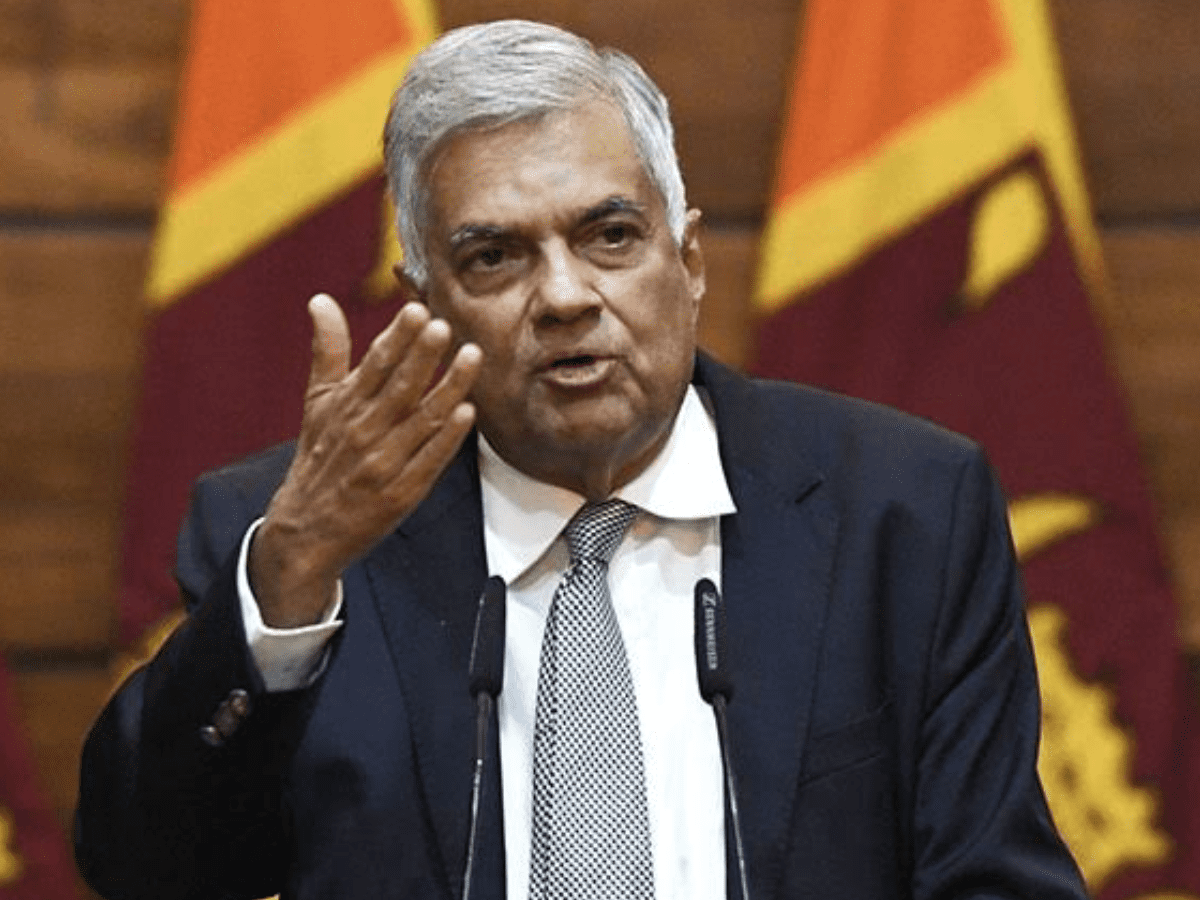
Colombo: Sri Lankan President Ranil Wickremesinghe will present an interim budget on Tuesday with major relief measures aimed at the poor who has been among the worst-hit due to the ongoing economic crisis, the biggest-ever since the island nation gained independence in 1948.
Wickremesinghe, in his capacity as the Finance Minister, will present the interim budget for the remainder of 2022 containing food ration schemes with essentials like rice, wheat flour and dal, adding nutritional assistance to the worst-hit groups of the population.
Other proposals also include major income support schemes and social security net for the poorest sectors including farmers, fishermen and lower income earners and also some relief for the middle class.
Presented in the midst of Sri Lanka’s ongoing negotiations with the International Monetary Fund (IMF) for a possible bailout package, the interim budget would slash expenditure for defence and other major infrastructure development projects to use funds for welfare and to repay interests on loans.
The new budget will have a 20 per cent increase in total expenditure to $9.1 billion (3,275 billion LKR) for the next four months of 2022 compared to the original budget passed in November 2021 in which the expenditure was $7.8 billion (2,796 billion LKR).
The interim budget also plans to reduce budget deficit from a 12 per cent to aim a 9.9 per cent and government has announced that 2023 budget due in November would aim to reduce the fiscal deficit to 6.8 per cent.
The interim budget will be debated until Friday before it is being presented for voting.
A comprehensive budget is also planned to be presented for the year 2023 in November.
As the financial crisis hit the country earlier this year leading to severe shortages of essential items including food, fuel, medicine and long hours of power cut, violence broke out on the streets which ultimately led to the fall of the Gotabaya Rajapaksa-led government.
